- Home
- HYUNDAI engine
- G4NA Auto Motor Gasolina Engine 2.0L 4 Cylinder Car Accesorios For Hyundai Elantra Ix35 Sonata Tucson Kia Carens Cerato Optima
G4NA Auto Motor Gasolina Engine 2.0L 4 Cylinder Car Accesorios For Hyundai Elantra Ix35 Sonata Tucson Kia Carens Cerato Optima
The 2.0-liter Hyundai G4NA engine was first introduced by the company in 2010 and is installed on almost all significant models of the concern, such as Elantra, Optima, and Sonata. There is a gas version of this engine without petrol injectors under its L4NA index.
In 2010, Hyundai-Kia introduced a 2.0-liter engine as part of the new Nu line. This is a quite typical power unit for that time with distributed fuel injection, an aluminum block with thin-walled cast-iron liners, an open cooling jacket, a 16-valve head with hydraulic compensators, a timing chain, phase shifters on two shafts, and a plastic intake manifold equipped with a VIS geometry change system.
The engineers of the Korean company constantly refined the power unit and the most useful innovation here was the appearance in 2017 of oil piston cooling nozzles. After that, the problem with seizures in the cylinders, of course, did not disappear but became less common.
The Nu family includes engines: G4NB, G4NA, G4NC, G4ND, G4NE, G4NH, G4NG, G4NL, G4NN.
Please check shipping via WhatsApp before ordering
The HYUNDAI G4NA engine was installed on:
- Hyundai Creta 1 (GS) since 2015;
- Hyundai Creta 2 (SU2) since 2021;
- Hyundai Elantra 5 (MD) in 2013 – 2016; Elantra 6 (AD) since 2015;
- Hyundai ix35 1 (LM) in 2013 – 2015;
- Hyundai i40 1 (VF) in 2011 – 2019;
- Hyundai Sonata 7 (LF) in 2014 – 2019; Sonata 8 (DN8) since 2019;
- Hyundai Tucson 3 (TL) since 2015;
- Kia Carens 4 (RP) in 2015 – 2018;
- Kia Cerato 3 (YD) in 2012 – 2018; Cerato 4 (BD) since 2018;
- Kia K5 3 (DL3) since 2019;
- Kia Optima 3 (TF) in 2013 – 2016; Optima 4 (JF) in 2015 – 2020;
- Kia Soul 1 (AM) in 2011 – 2014; Soul 2 (PS) in 2013 – 2019; Soul 3 (SK3) since 2019;
- Kia Sportage 3 (SL) in 2014 – 2016; Sportage 4 (QL) since 2015.
| Production years | since 2010 |
| Displacement, cc | 1999 |
| Fuel system | distributed injection |
| Power output, hp | 150 – 167 |
| Torque output, Nm | 190 – 200 |
| Cylinder block | aluminum R4 |
| Block head | aluminum 16v |
| Cylinder bore, mm | 81 |
| Piston stroke, mm | 97 |
| Compression ratio | 10.3 |
| Features | VIS |
| Hydraulic lifters | yes |
| Timing drive | chain |
| Phase regulator | yes |
| Turbocharging | no |
| Recommended engine oil | 5W-20, 5W-30 |
| Engine oil capacity, liter | 4.5 (there are versions of the engine with an oil pan volume of 6.5 liters) |
| Fuel type | petrol |
| Euro standards | EURO 4/5 |
| Fuel consumption, L/100 km (for Hyundai Tucson 2018)— city— highway— combined | 10.9-6.6-8.2 |
| Engine lifespan, km | ~300 000 |
| Weight, kg | 117 |

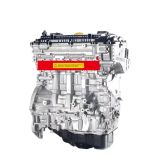
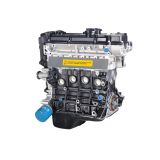
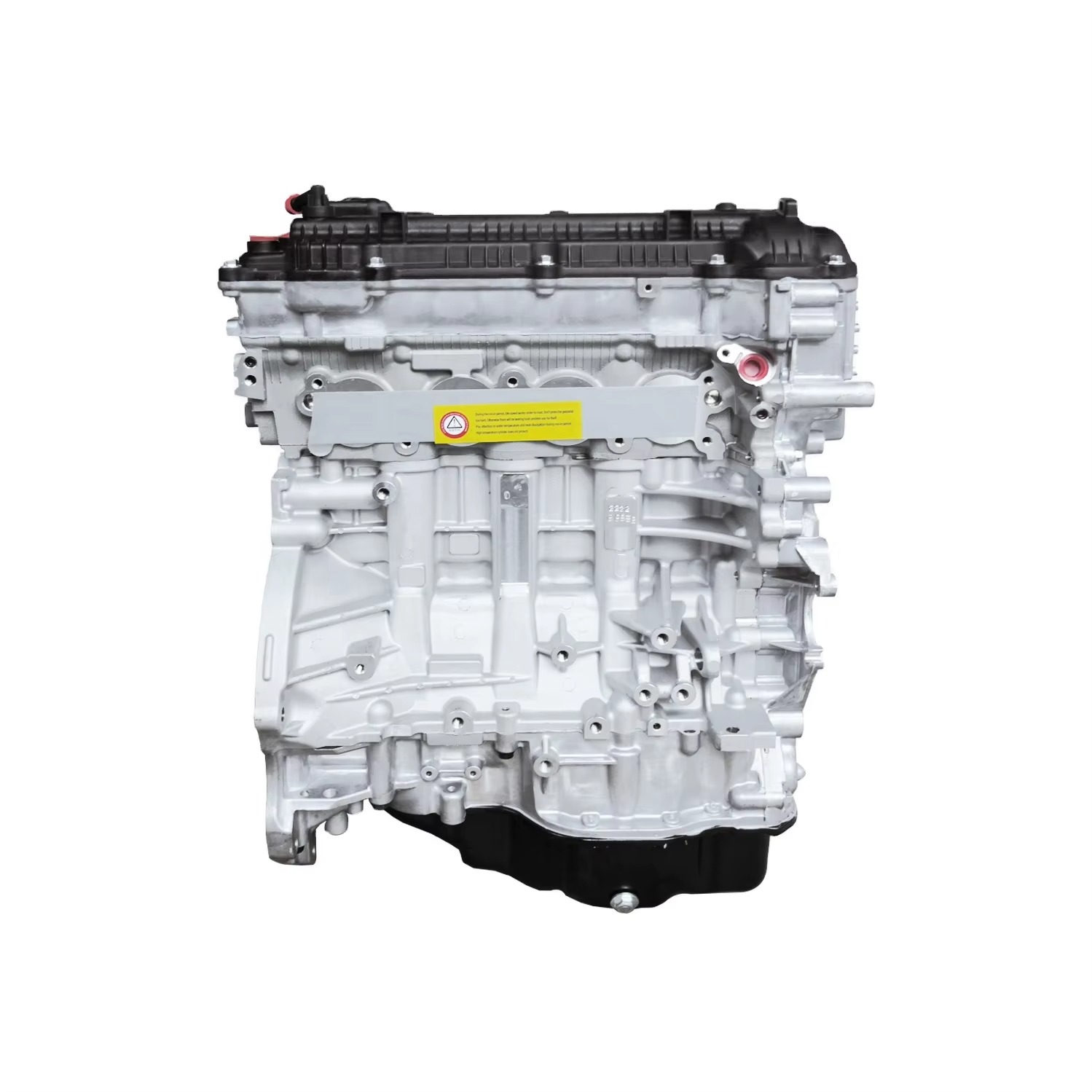
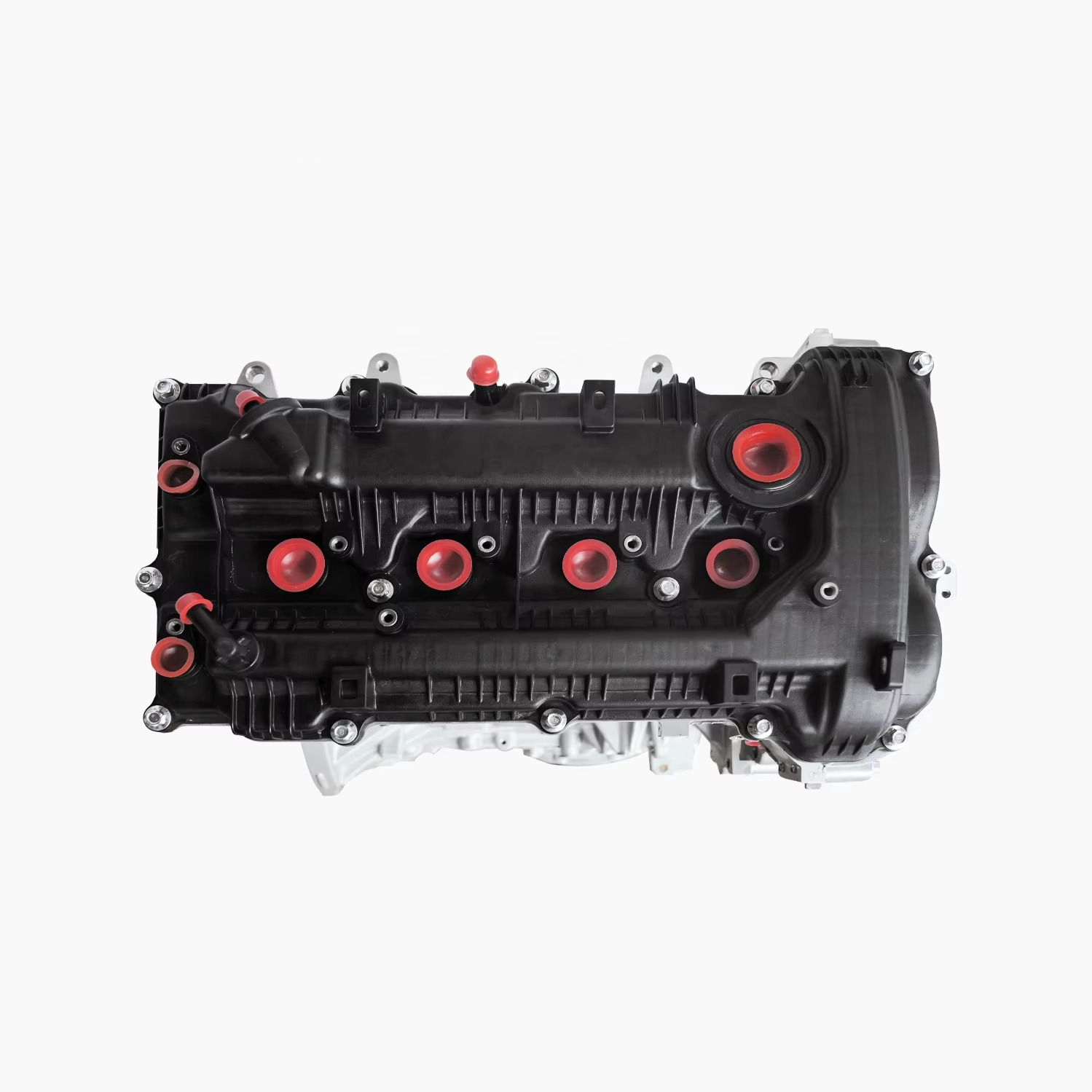
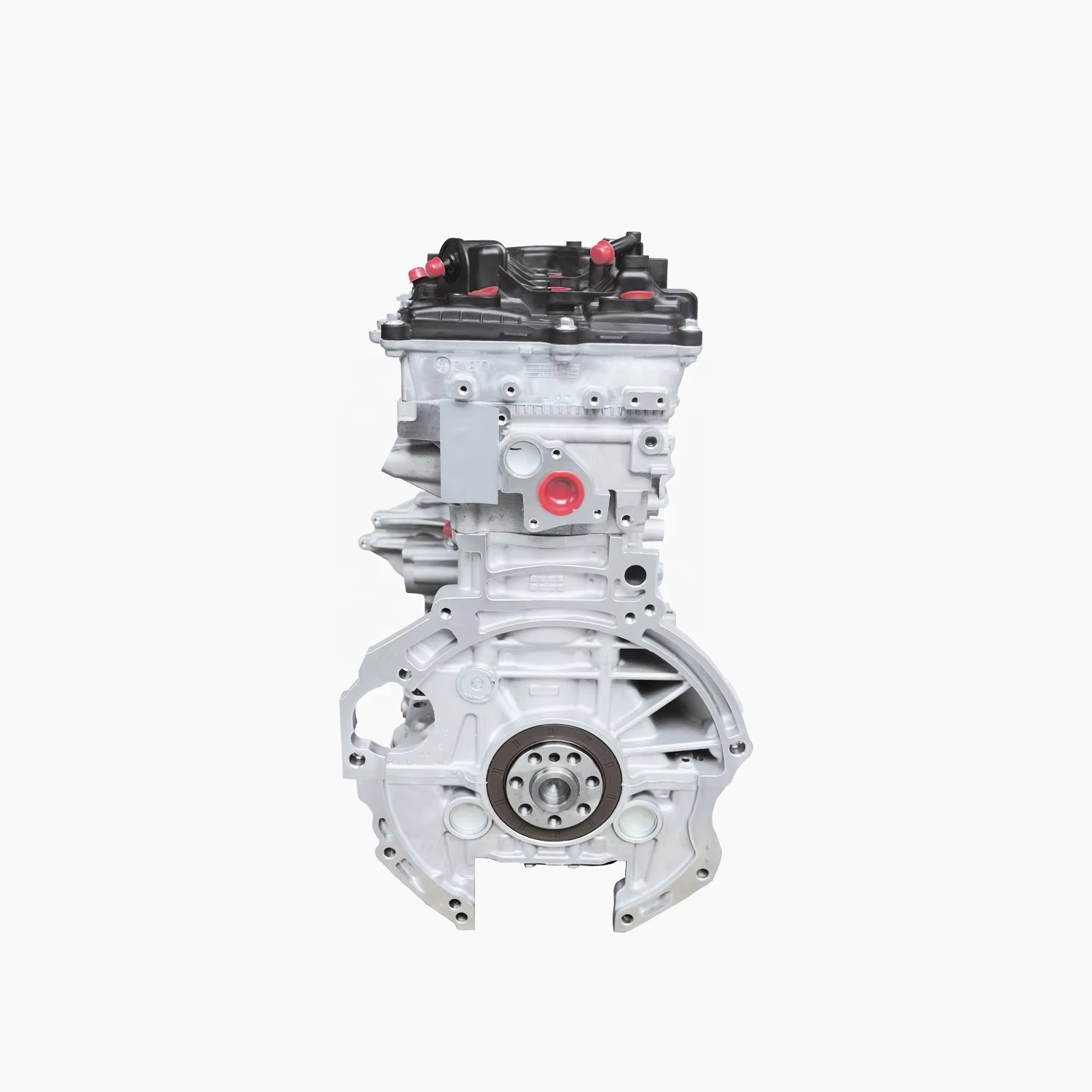
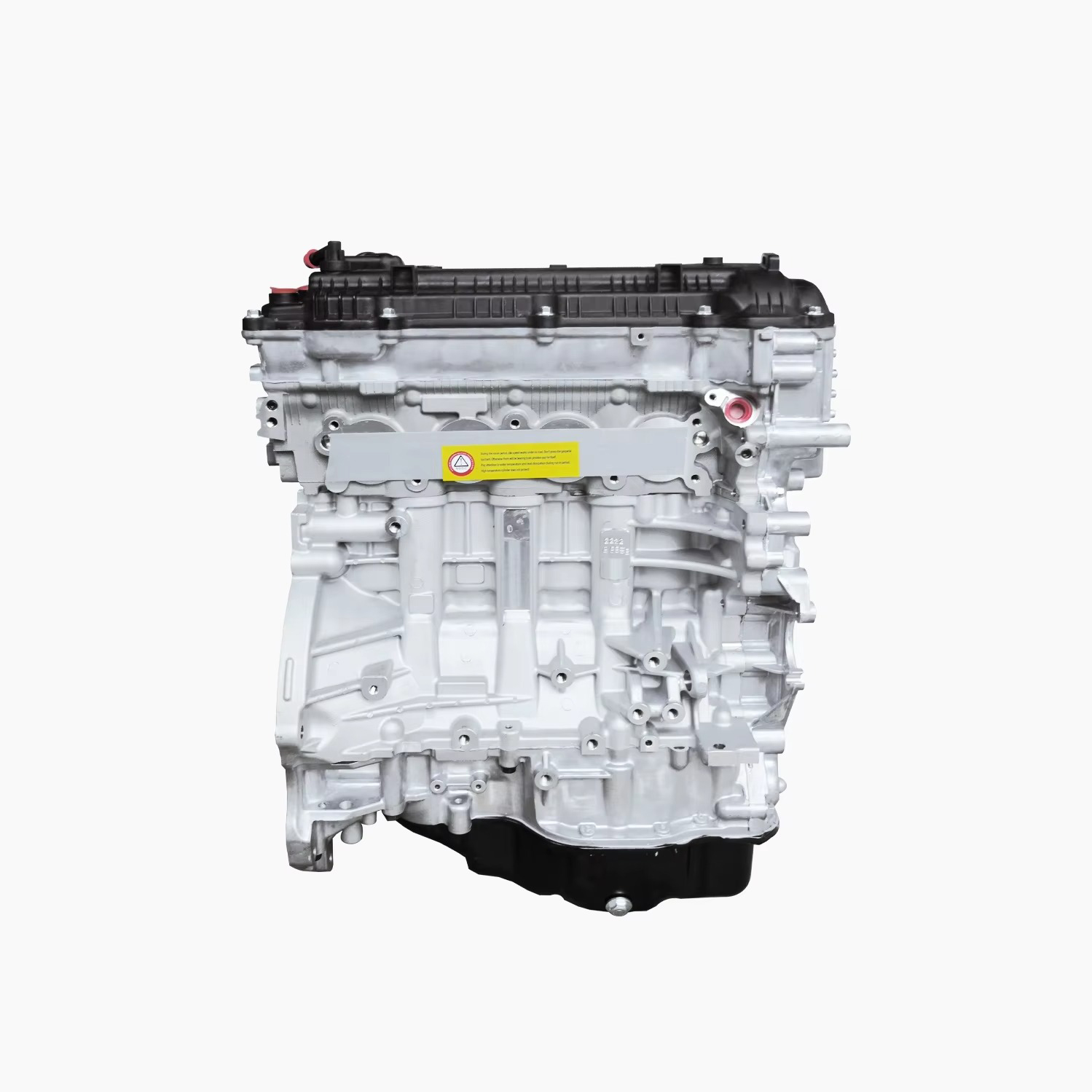
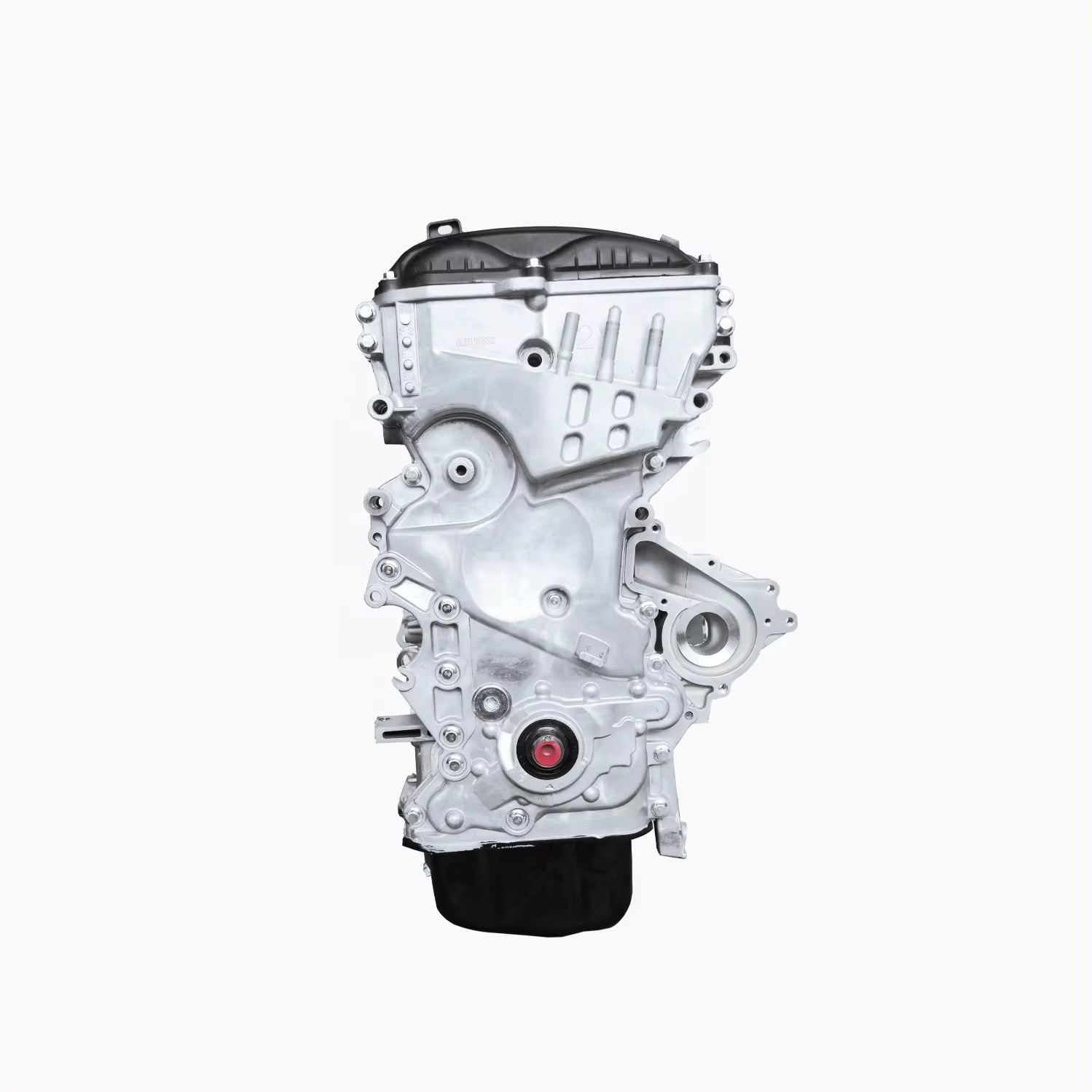
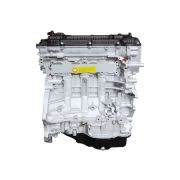
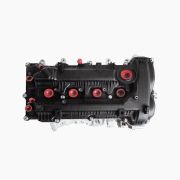
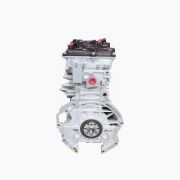
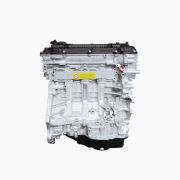
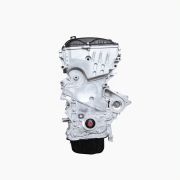

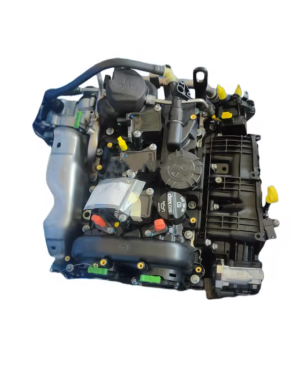

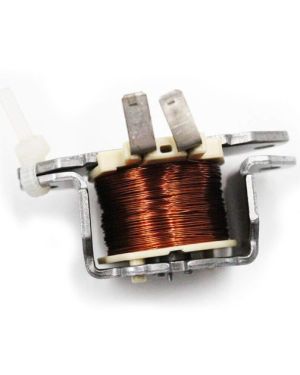


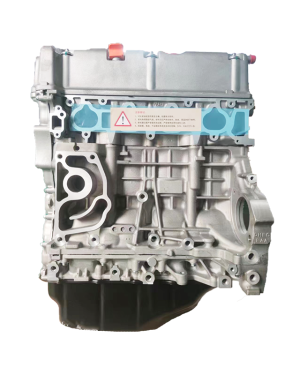
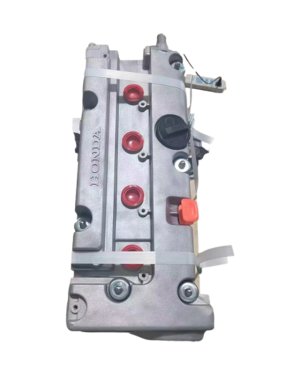
Reviews
There are no reviews yet.